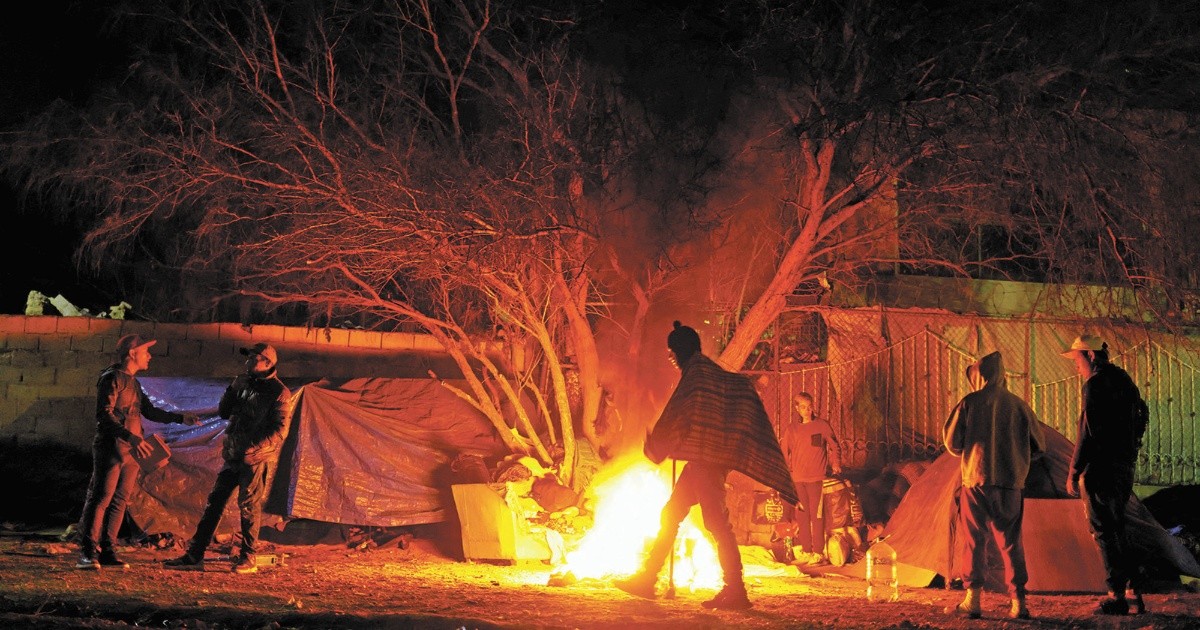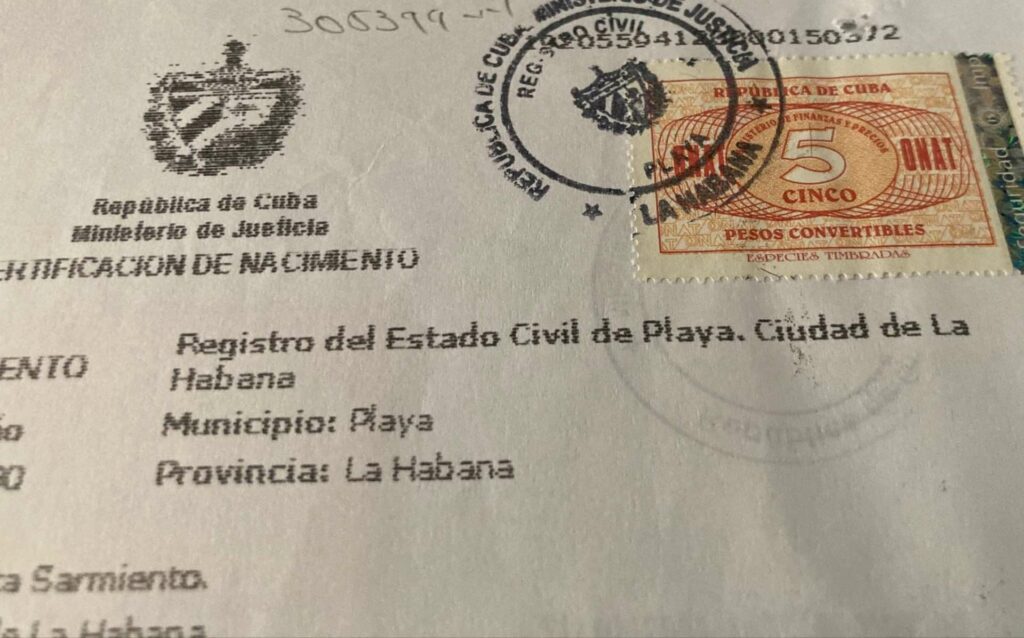Bad weather and frost, which affect the region, are aggravating the poor conditions in which thousands of migrants live who are stranded on the country’s northern border.
Lourdes Lizardi Lopez, an activist for the rights of migrants in Tijuana, Baja California, which borders San Diego, United States, warned that this month of December has been notable for the large number of migrants seeking refuge in the town , given the need to protect themselves from extreme weather.
“The shelters are saturated, in the bus stations you can see migrants wandering, Venezuelans, Colombians, Haitians, Central Americans and other migrants who do not stop arriving every day,” he said.
Lizardi Lopez, who is given the task of channeling migrants into shelters, adds that you can even see entire families on the streets, who, with the cold and during this Christmas and New Year season, are noticeable. desperate and very sad, for not finding where to spend the nights.
And it is that he highlighted that, although it is known that the shelters do not have much help from the government, since the majority are sponsored by civil society, mainly from the United States, at this time their work becomes more difficult, since they do not have spaces to support.
“Of the almost 20 shelters that exist, the demand continues and they are not enough, and only five can attend to complete families”, so, not wanting to go through precarious conditions on the streets, migrants have to face family separation.
In this context, the activist estimates that there are currently between 5,000 and 6,000 migrants stranded in this border city, who also have to face abuse from the authorities and the lack of empathy from much of the local population.
At the same time, he regretted that due to the delays in their immigration regularization by the US, many of them end up depressed, without money or even on drugs. “They are desperate for the American dream, which is turned into hell by everything they have to go through. While more migrants continue to arrive, ”she stressed.
Distrust in institutions
Meanwhile, Graciela Zamudio Campos, executive director of the Alma Migrante organization in the same town, acknowledged that, as every year, the shelters are the heroes for migrants, since it is the activists who collect the donations to allow them to have a place to go through their processes. migratory and climatic effects.
“Since the end of November, the shelters have been full, because in addition to the wave of Venezuelans there are many migrants who still cannot find a place to live, and especially internal migrants,” he said.
In this sense, he stressed that although state shelters have currently been created, which still lack experience in caring for this population, little by little they seek to help migrants, however, he recognized that many of them do not have confidence in these institutions. governmental.
“Trust is not in the state shelters but in those of civil society that are always exceeded in some way,” he said.
For this reason, Zamudio Campos emphasized that the authorities should focus on providing better conditions to social centers, since they are not always in the best conditions.
According to data from the Ministry of the Interior, as of November of this year, 346,656 migrants have been held in Mexico, of which almost 84,000 have been deported, including more than 8,241 minors.
While at least 241,661 Mexicans have been repatriated from the US, of which more than 23,000 are children and adolescents.
In the same period, 111,257 migrants requested refuge in Mexico, mainly from countries such as Honduras (29,390); Cuba (17,487) and Haiti (15,780).















